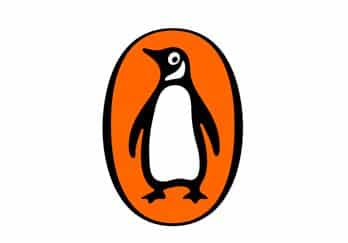
A deal sealed over a weekend – Pearson and Bertelsmann are combining their consumer book publishers Penguin and Random House in a joint venture to save money that can be invested in the future of digital content.
“Penguin Random House” will be held 47 percent by Pearson and 53 percent by the German media conglomerate Bertelsmann but does not include Bertelsmann’s business books. So why are the companies merging? An announcement says:
“The publishing and commercial success of Penguin and Random House can best be sustained and enhanced through a partnership with another major international publishing house.
“(We) believe that the combined organisation will have a stronger platform and greater resources to invest in rich content, new digital publishing models and high-growth emerging markets. The organisation will generate synergies from shared resources such as warehousing, distribution, printing and central functions.”
Pearson CEO Marjorie Scardino:
“Together, the two publishers will be able to share a large part of their costs, to invest more for their author and reader constituencies and to be more adventurous in trying new models in this exciting, fast-moving world of digital books and digital readers.”
Penguin CEO John Makinson:
“All of us who work in book publishing experience every day the breathtaking pace of change in our industry. The partnership that we are announcing today will position Penguin Random House at the forefront of that change.”
In a letter to staff, Random House CEO Markus Dohle, who will occupy that role in the JV whilst Makinson becomes chair, claimed:
“We will accelerate our digital transformation, while ensuring a strong future for print. We will offer more services for physical retailers, while diversifying in the digital space.
“Authors and their agents will continue to enjoy an enormous choice of publishing homes, where creative autonomy and great resources will be a defining hallmark.”
Thanks to planned cost savings from back-office combination, the JV’s “organic investment in authors and new product models will exceed the total” they are currently making independently, the companies say.
The merger will create a global book publishing powerhouse with a presence in the fast-developing digital markets China, India and Brazil.
It will likely also give the two publishers greater clout when negotiating with digital distributors like Apple, Amazon and Google.
Penguin sales during the first nine months of this year dipped by one percent, although ebook revenue jumped 35 percent.